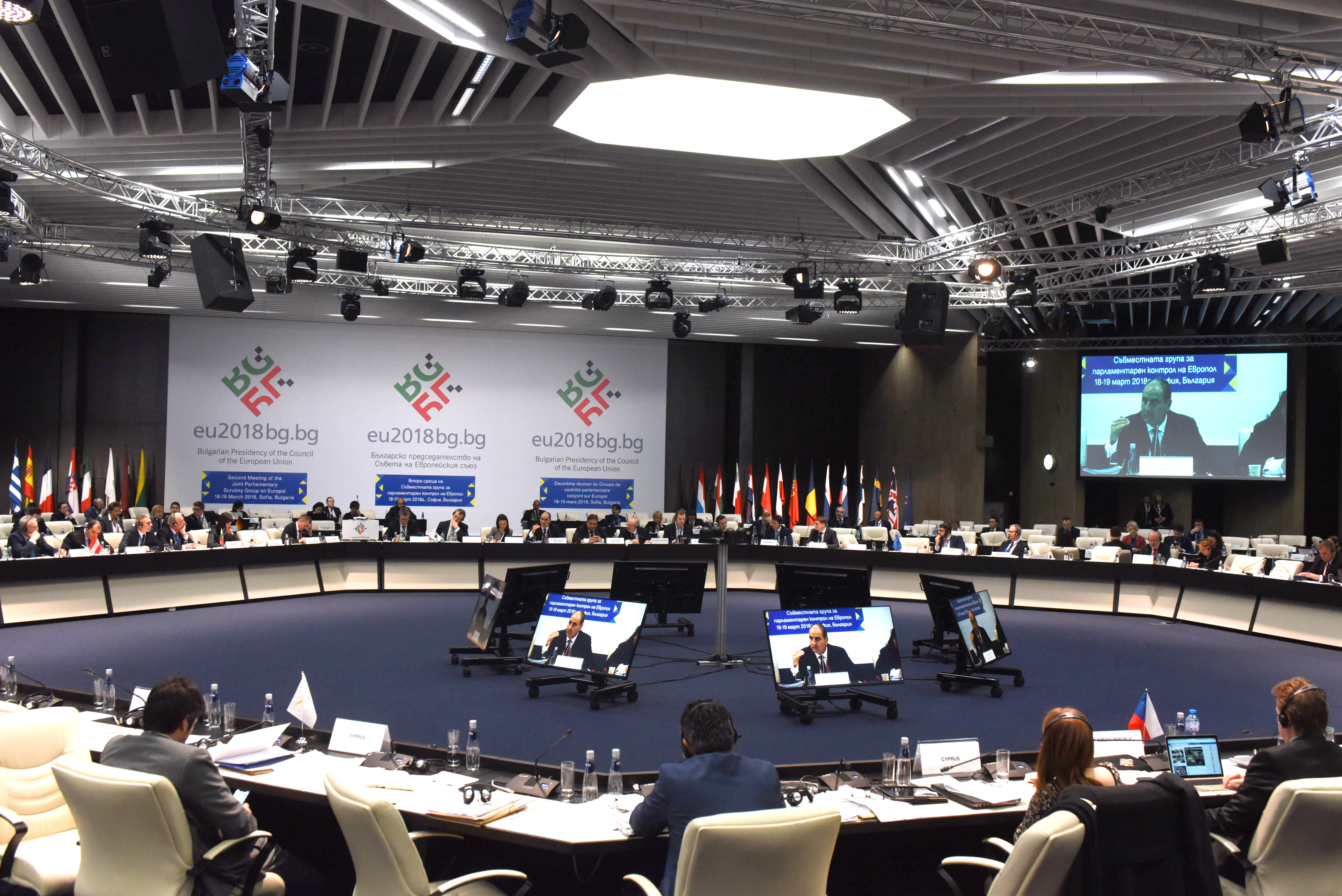Text: Žikica Milošević
The 2018 Sofia Summit was supposed to be Thessaloniki 2003 Vol. 2 but it turned out it sowed the seeds of pessimism instead of optimism that was overspilling 15 years ago. The key question is: little peoples and states from the Balkans (and further East, like Ukraine, Moldova or Georgia), what are we going to do now?

MACRON, THE CONSOLIDATING MAN
It is worth reminding that the United Kingdom, the leaving member of the EU, was the main proponent of the Eastward expansion, even endorsing Turkey’s membership, let alone the Western Balkans. But, as we said, the UK is is at the exit door, and the leading power Germany, is traditionally sceptical about spending money even for the existing members (Remember Schäuble’s rigidity over Greek debt?), and the new members are even less likely to get some cash from the Germans. French President Macron said something East Europe never wanted to hear – that the “enlargement fatigue” is prevalent, and the EU will not admit any new members until it is fully consolidated. Nobody knows when is this going to happen, but it is significant that the EU budget projected for the period until 2027 did not take into account any enlargement costs, practically signalling that there will be no Serbia & Montenegro membership (two memberships, of course) in 2025, and that it will probably happen in 2030, which is 12 years from now.
THE DOUBLE FATIGUE
As much as the West is fatigued with the enlargement, the Western Balkan states and East Europeans are fatigued with the constant and everlasting reforms that don’t produce nothing spectacular anyway. So you have the similar situation like with the unification of Germany, but much worse. The West thinks it gave too much already, and the East thinks it did not receive enough. Some people in Moldova are even plotting unification with Romania as a shortcut to the EU, even if it means (inevitably) losing Transnistria and Gagauzia. Albanians in Albania and Kosovo sometimes put out the idea of their unification, without any EU shortcuts (Edi Rama occasionally says something to that end), and Serbian and Montenegrin presidents are bragging that their countries are the first in line (according to Djukanović, Montenegro is even “firster” than Serbia). In fact, strange narratives are being repeated. In Serbia, the government keeps saying that if „the Kosovo issue is resolved, it will result in an expedited accession to the EU”. In Montenegro, back in 2006 it was all about independence, so now that is obtained, it is hard to think up a new motivation for the people, even with the highly unpopular NATO membership, figuratively likened to “the fast motorway to the EU”. Ask Turkey about that, by the way, not Bulgaria. Macedonia is convincing us that “once its name is established, it will be alright”, Kosovo will of course, bloom and flourish once it gets its worldwide recognition, Bosnia will flourish once they get “functional” (whatever that might mean, probably ousting Dodik or something to that end) and so on. Even if the GDP of the Westen Balkan countries and their population accounts for only 1 percent of total EU GDP and the population, the chaotic situation here is what scares the Westerners. Media, law, privatisations, corruption, organised crime, all of it is a bad sign for all of us.
I DON’T WANT YOU BUT DON’T GO TO HER
It can all be likened to a boy approaching a girl. She expresses no interest of hooking up, but when the other girl speaks to this boy, the first girl gets jealous, starts a conversation with him while flirting. But wait! All of this takes place until the second girl leaves. Then the first chosen girl leaves too. The EU was the first choice for East Europe, but the second and third choices are Russia, Turkey, China… The whole EU policy for the Eastern countries is “hold on, wait, it will happen, just a moment, don’t go anywhere!”. They praise the local leaders while the “good boys” are explaining the “good direction” for their countries to the public. But it seems that the public is not buying it any longer. It seems that all these meetings are organized for the elite – the EU elite is praising and the WB is being praised – and nobody really thinks it is more than a charade. Just like in 1985, when the people in Yugoslavia or Eastern Bloc organized protests and parades with Yugoslav (or other) flags and Tito’s (Lenin’s…) words and iconography, but nobody believed in it any longer. I am not saying the EU is going to fall apart in few years, because it does seem much more resilient than that. But what to do now with the rest of the Europe? Iceland has decided to stop its EU accession process, since it assessed it is better off to be out. But will East Europe be allowed to make the same choice? Look what happened to Ukraine! Now Ukraine and Georgia cannot even revert their westward journey, because of Crimea, Abkhazia, and South Ossetia. They are stuck. The year 2030 might even be OK, but how to survive and prosper until then?
HOW SOON IS NOW?
As the inevitable (anti)hero Morrissey said: “Tomorrow, will it really come? And if it does come, will I stille be human? When you say it’s gonna happen NOW, what exactly do you mean? See, I’ve already waited too long, and all my hope has gone.” How soon is NOW, ladies and gentlemen? How soon is tomorrow?